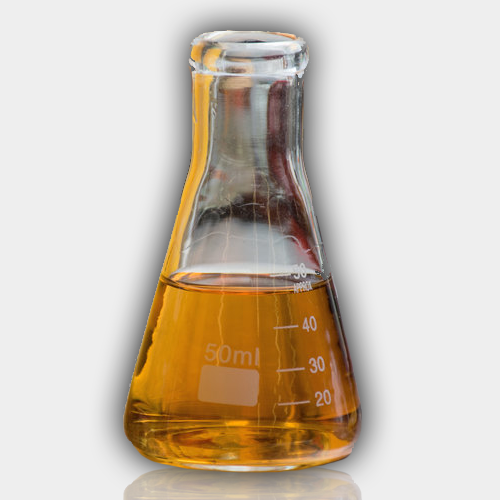Hydrocarbon
Hydrocarbons

Also called heavy hydrocarbon, is one of the refinery’s inter-distillation fuels, with a distillation range of about 150° C to 385° C, which performs well in both domestic and industrial burners with diesel-powered engines.
Hydrocarbons contain various organic compounds, mainly made of H and C. In these molecules, the hydrogen-carbon bond is a covalent bond (no ionic bond).
The atoms of sulfur (S), nitrogen (N) and oxygen (O) are commonly carbon substitutes in hydrocarbons. The higher amount of sulfur in the hydrocarbon compounds cause changes in physical behavior and cause corrosion. As a result, the compounds become heavier and it is harder to refine the oil. The fewer substitutes in hydrocarbons, the lighter and purer the crude oil.
Types of crude producing hydrocarbons:
- Paraffinic (or alkane series) hydrocarbons
- Naphthenic (or saturated cyclic) hydrocarbons
- Aromatic (or cyclic) hydrocarbons
- Asphaltene hydrocarbons
We are proud that after years of experience in producing light and heavy hydrocarbons and exporting to neighboring countries, we have been able to identify ourselves as a top exporter due to our export reputation and we would be glad to provide you with our best products.
For more information and ordering our products, please contact us.
